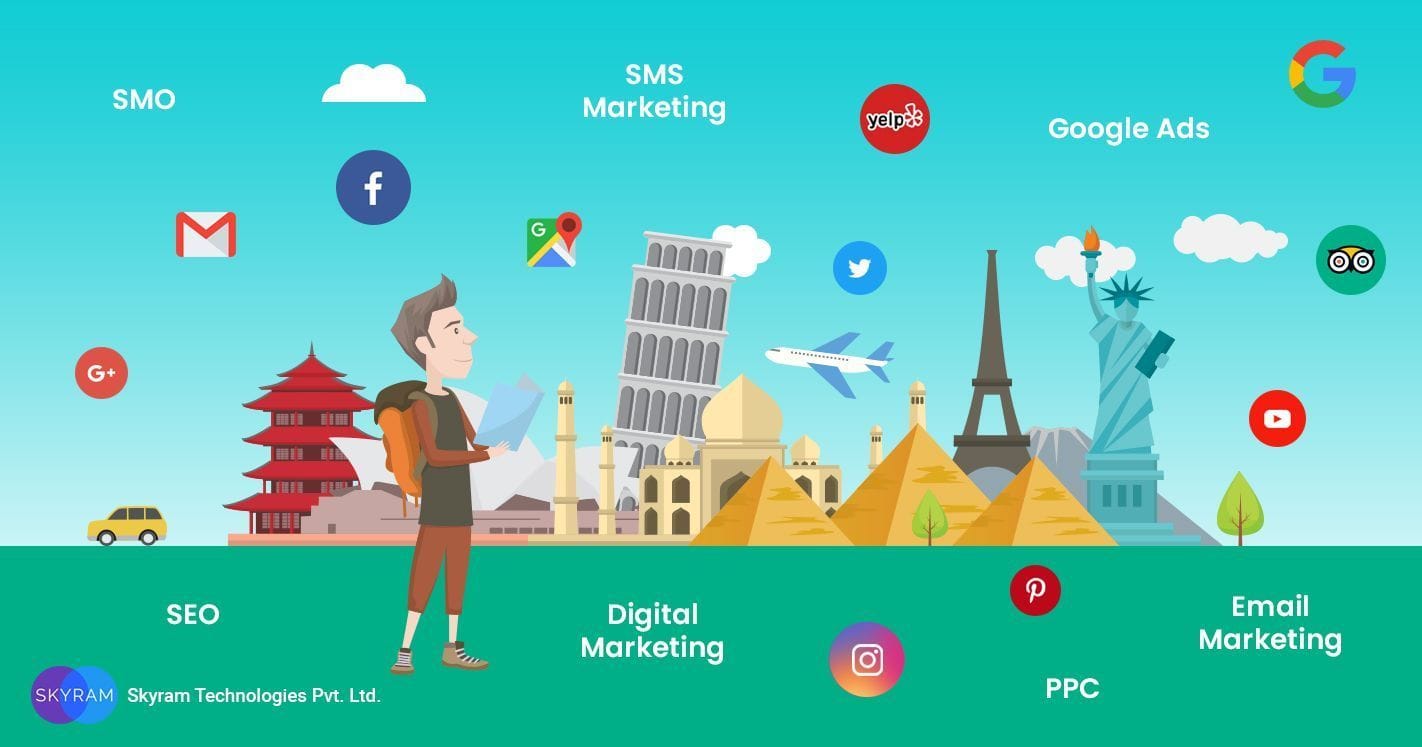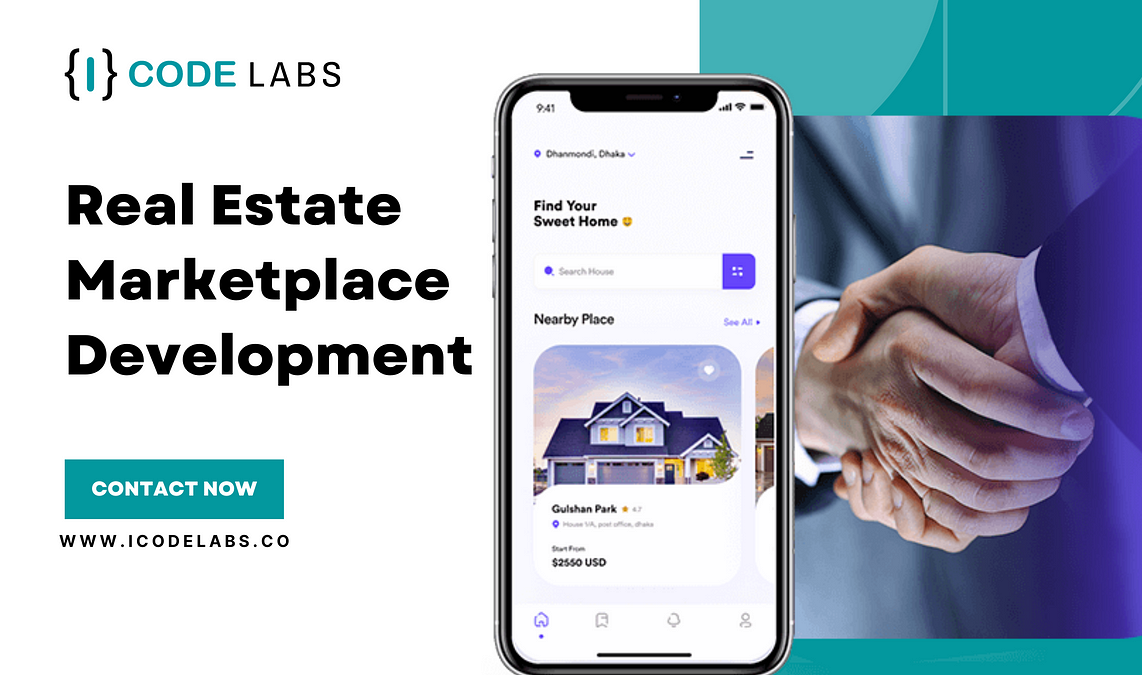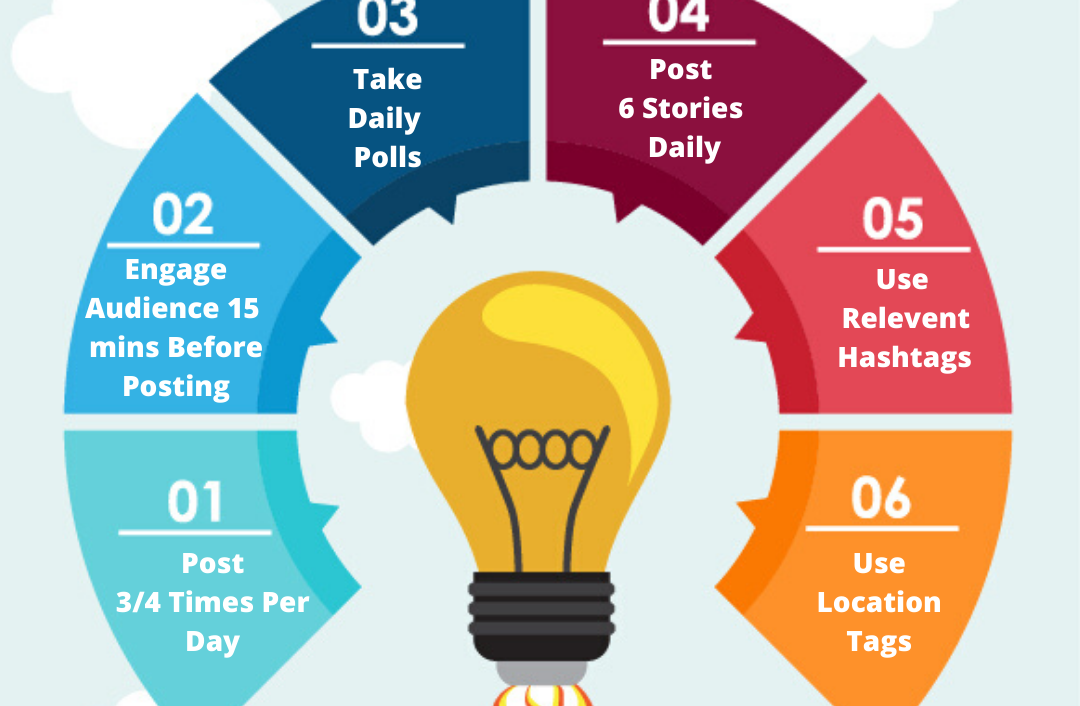Attracting Travelers With Effective Online Marketing for the Tourism Industry

Executive Summary

The tourism industry is highly competitive, and businesses in this sector must adopt effective online marketing strategies to attract travelers and drive revenue. This article explores five key subtopics that are crucial for successful online marketing in the tourism industry:

- Content Marketing: Creating and distributing valuable content to inform, engage, and inspire travelers.
- Search Engine Optimization (SEO): Optimizing websites and content to rank higher in search engine results pages (SERPs) and increase visibility.
- Social Media Marketing: Leveraging social media platforms to connect with potential travelers, promote destinations, and build relationships.
- Email Marketing: Building an email list and using it to nurture leads, promote offers, and encourage repeat visits.
- Online Advertising: Utilizing paid advertising channels such as Google AdWords, Facebook Ads, and display ads to target specific audiences and drive traffic to websites.
By understanding and implementing these strategies, tourism businesses can effectively engage with travelers throughout their journey, from planning to booking to experiencing their destinations.
Introduction
Online marketing has become essential for businesses in the tourism industry. According to Google, 84% of travelers use the internet to research and book their trips. To capture this growing market, tourism businesses must establish a strong online presence and implement effective marketing strategies that reach and engage potential travelers. This article provides a comprehensive guide to online marketing for the tourism industry, covering key subtopics and strategies to help businesses attract more customers and drive revenue.
FAQs
1. What are the most important elements of online marketing for tourism businesses?
- Content Marketing
- Search Engine Optimization (SEO)
- Social Media Marketing
- Email Marketing
- Online Advertising
2. How do I create effective content for travelers?
- Focus on providing valuable information that addresses travelers’ interests and needs.
- Use a variety of content formats (e.g., blog posts, videos, infographics, interactive maps).
- Optimize content for search engines to increase visibility.
3. How do I measure the success of my online marketing efforts?
- Track key metrics such as website traffic, lead generation, booking conversion rates, and social media engagement.
- Use analytics tools to understand the performance of your campaigns and make data-driven improvements.
Key Subtopics
Content Marketing
Content marketing involves creating and distributing high-quality content that informs, engages, and inspires travelers. Effective content marketing for tourism businesses includes:
- Creating destination guides: Provide detailed information about specific destinations, including attractions, activities, and local culture.
- Publishing travel blogs: Share personal experiences, stories, and insider tips about travel.
- Producing videos and podcasts: Create engaging video and audio content that showcases destinations and provides valuable information.
- Developing interactive content: Use quizzes, maps, and other interactive elements to engage travelers and promote destinations.
- Optimizing content for SEO: Use relevant keywords and phrases to increase the visibility of content in search results.
Search Engine Optimization (SEO)
SEO involves optimizing websites and content to rank higher in search engine results pages (SERPs). Effective SEO for tourism businesses includes:
- Keyword research: Identify relevant keywords and phrases that potential travelers are searching for.
- On-page optimization: Optimize website elements such as titles, meta descriptions, and content for relevant keywords.
- Link building: Acquire high-quality backlinks from reputable websites to improve website authority.
- Technical SEO: Ensure website speed, mobile-friendliness, and technical compliance to meet search engine standards.
- Local SEO: Optimize websites for local search results to increase visibility within specific geographic areas.
Social Media Marketing
Social media platforms offer a powerful tool to connect with potential travelers, promote destinations, and build relationships. Effective social media marketing for tourism businesses includes:
- Establishing a social media presence: Create profiles on relevant social media platforms where travelers are active.
- Creating engaging content: Share a mix of content, including destination photos, videos, and stories that inspire and inform.
- Running social media campaigns: Use paid advertising and organic content to reach target audiences and promote specific destinations or offers.
- Monitoring social media: Track and respond to comments, messages, and reviews to build relationships with potential travelers.
- Utilizing social media influencers: Partner with travel bloggers and influencers to showcase destinations and build credibility.
Email Marketing
Email marketing is a powerful way to nurture leads, promote offers, and encourage repeat visits from travelers. Effective email marketing for tourism businesses includes:
- Building an email list: Collect email addresses from potential travelers through website forms, social media, and other channels.
- Segmenting email lists: Divide email lists into specific segments based on demographics, interests, or travel preferences.
- Crafting personalized emails: Send targeted emails to different segments with relevant content and offers.
- Using automation: Automate email campaigns to nurture leads and send personalized emails based on subscriber behavior.
- Tracking email performance: Monitor open rates, click-through rates, and conversion rates to improve email campaigns over time.
Online Advertising
Online advertising allows tourism businesses to target specific audiences and drive traffic to their websites. Effective online advertising for tourism businesses includes:
- Google AdWords: Use Google AdWords to display text, image, and video ads in search engine results pages and on websites.
- Facebook Ads: Create targeted Facebook ads based on demographics, interests, and travel behaviors.
- Display ads: Run display ads on relevant websites and online platforms to reach potential travelers.
- Retargeting ads: Use retargeting ads to reach potential travelers who have previously visited a business’s website or interacted with other content.
- Online travel agents (OTAs): Partner with OTAs to list and promote tour packages and destination offerings.
Conclusion
By implementing effective online marketing strategies, tourism businesses can engage with travelers throughout their journey, from planning to booking to experiencing their destinations. By creating valuable content, optimizing for search engines, leveraging social media, utilizing email marketing, and investing in online advertising, tourism businesses can reach a wider audience, build stronger relationships with potential travelers, and drive bookings. By continuously monitoring, measuring, and adapting their online marketing efforts, tourism businesses can stay ahead of the competition and succeed in the competitive tourism industry.
Keyword Tags
- Online Marketing for Tourism
- Content Marketing for Tourism
- Search Engine Optimization for Tourism
- Social Media Marketing for Tourism
- Email Marketing for Tourism







